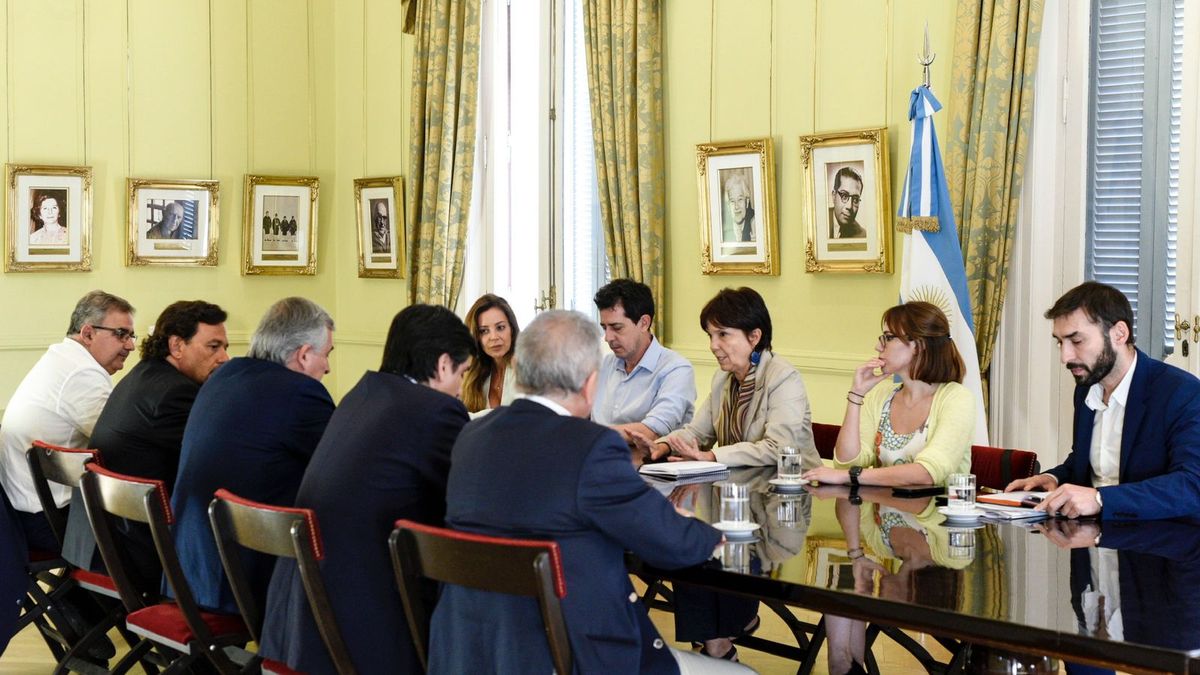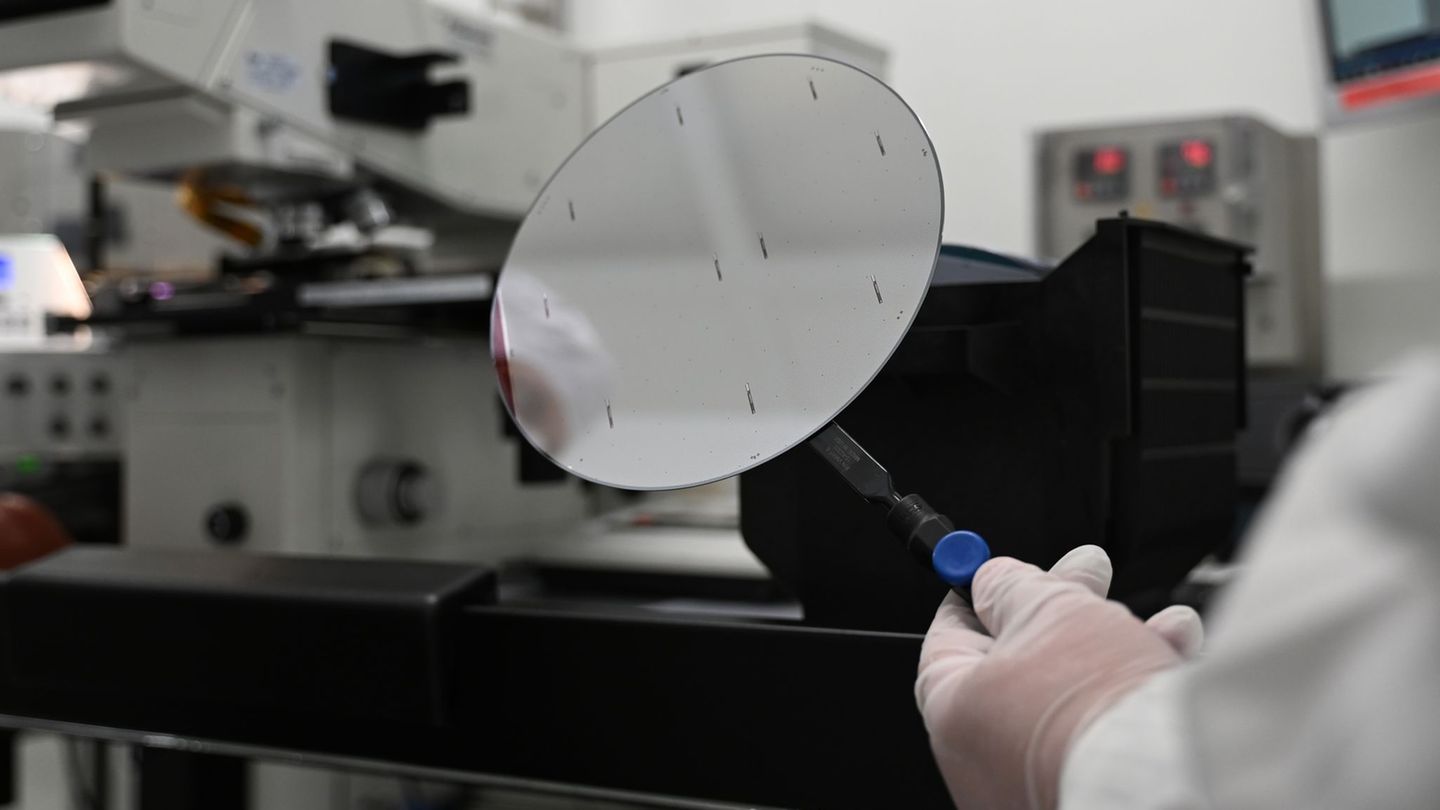The central theme of the meeting was that Argentina does not waste this strategic mineral in what will be the energy transition and that it can advance in industrialization. Although each province has regulatory frameworks to try to join the different links in the lithium chain, through local suppliers for example, it is done in an uncoordinated manner.
The Government wants a “comprehensive project for the strategic development of lithium.” And, for that, it defined that the alliance will be with the provinces, owners of the resource by the National Constitution. Despite some rumors that arose about strategies that the Nation wants to apply, the Government confirmed to the provinces that the resource will continue to be provincial. In this sense, the provinces have to be the “strategic allies” today. Some short circuits had arisen when the start-up of YPF Litio was announced or when an idea came out from the Foreign Ministry to create a kind of “lithium OPEC” in alliance with Chile and Bolivia, something on which no progress will be made for now.
Although each governor has their interests, sources at the meeting assured that the agreement on industrialization “is total.” For this reason, an issue that was addressed is that internal mineral supply be guaranteed so that industrialization is possible. Currently, lithium is fully exported by two companies that produce in Jujuy and Catamarca, but production is expected to increase sixfold over the decade.
In Jujuy, for example, the state company Jemse has by provincial decree the possibility of acquiring 5% of the annual production of lithium carbonate in the companies of which it is a partner, to produce it and add value to it. In fact, they will build a battery plant in a free zone in the province. The Government’s idea is that these initiatives that take place at the provincial level are strategically coordinated between all parties.
Another topic that was discussed is the possibility of thinking about a different regulatory framework. It is not yet known if it will take the form of a plan, a decree, a bill or what kind of legal structure. But it seeks to guarantee stability in different variables for the coming decades, similar to the bill that is being finalized for green hydrogen, with incentives for adding value. Also, shield investments: Although there were investments of more than US$ 5 billion in lithium in just two years, there are companies that are still hesitant due to currency restrictions. The Government had outlined a decree to make access to the exchange market more flexible, but with very little success: Decree 234 is practically unknown, and only two mining companies adhered to it.
In the idea of ”added value”, what the Government seeks is to prevent the sector from becoming a “real estate market”. In fact, when there are public tenders for land, the provinces are contacted from countries like China and even Vietnam. The fear is that these purchases are not for “speculation”, since the future of lithium is uncertain at the price level, but rather for the purchase to effectively translate into productive development. For this reason, along the same lines, it is also sought that Congress deal with the electromobility law, sent more than a year ago.
Source: Ambito
David William is a talented author who has made a name for himself in the world of writing. He is a professional author who writes on a wide range of topics, from general interest to opinion news. David is currently working as a writer at 24 hours worlds where he brings his unique perspective and in-depth research to his articles, making them both informative and engaging.




